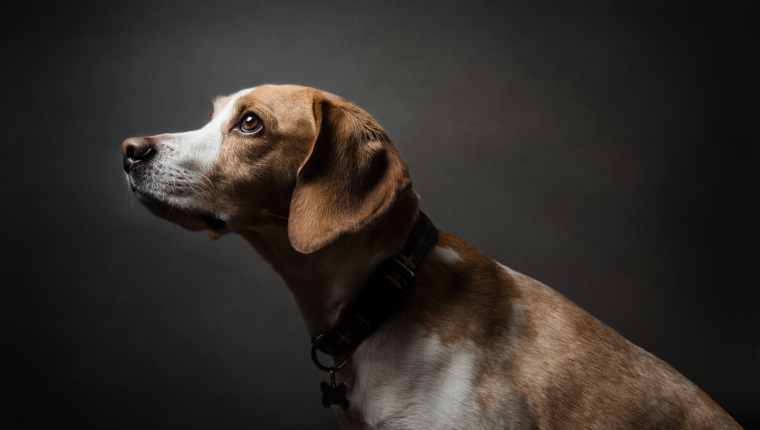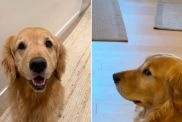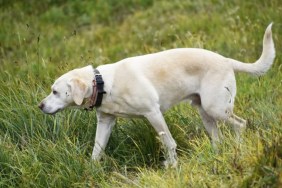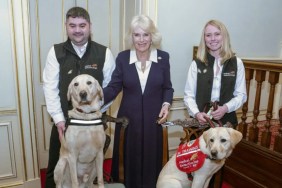Dogs are extraordinary animals. They are often times complex in their character and still simple in their needs. And through their unguarded yet telling eyes, you can feel there’s more to them than you might know.
This basically means all dogs are special, which is a secret everyone knows. But how special are they?
Well, through the power of their noses, they might just very well be special enough to save your life, especially if you might have lung cancer.
The Unfortunate Facts About Lung Cancer

The American Cancer Society has reported that lung cancer is the leading cancer killer in both men and women in the United States alone. It has also surpassed breast cancer as the leading cause of cancer deaths in women since 1987.
An estimated 155,000 Americans are expected to die from lung cancer each year, accounting approximately 25 percent of all cancer deaths.
It’s a life-threatening disease in all stages, but the earlier it’s detected, the higher the chances of recovery and survival.
And even with all the expensive research and development of sophisticated technology, it’s through three Beagles that scientists have possibly found a new cancer-screening approach that is inexpensive, non-invasive, and accurate.
How Dogs Will Help Save Lives
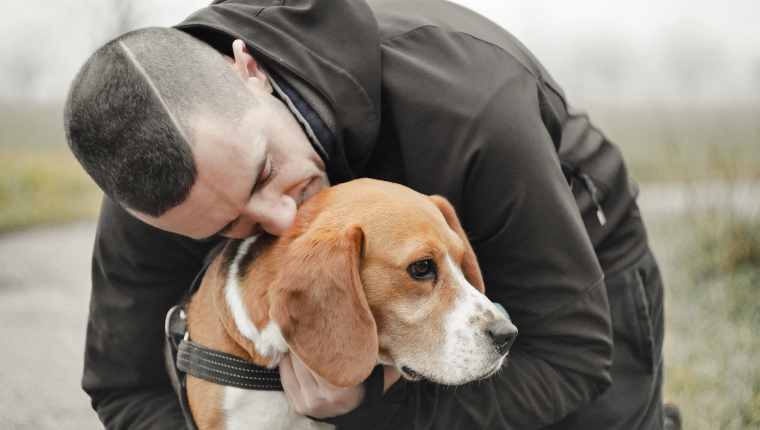
A new study published in The Journal of American Osteopathic Association (JAOA) has revealed that dogs, specifically Beagles in this study, are able to detect the early stages of lung cancer through their sense of smell.
The study was led by Heather Junqueira and her team at BioScentDx, a pharmaceutical lab based in Florida. She stated, “Although there is no currently no cure for cancer, early detection offers the best hope of survival. A highly sensitive test for detecting cancer could potentially save thousands of lives and change the way the disease is treated.”
Dogs Train To Sniff Out Cancer
For eight weeks, Heather Junqueira and her team used a form of clicker training among four Beagles to distinguish between normal blood serum samples and ones from patients with malignant lung cancer. However, one of the Beagles, named Snuggles, was unmotivated to perform at the time of the study.
Still, the other three were able to correctly identify the lung cancer samples 96.7 percent of the time and the normal samples 97.5 percent of the time.
What’s Next?
“This work is very exciting,” said Junqueira. “It paves the way for further research along two paths, both of which lead to new cancer-detection tools. One is using canine scent detection as a screening method for cancers, and the other would be to determine the biologic compounds the dogs detect, and then design cancer-screening tests based on those compounds.”
Virtually all dogs have smell receptors that are 10,000 times more accurate than a human’s nose. This makes them highly sensitive to odors that most of us cannot perceive at all.
Research at BioScentDX has also been in collaboration with other facilities across the country, like LECOM and Bradenton. The plan now is to continue research and include training dogs to detect other cancers like melanoma, prostate cancer, and pancreatic cancer.
What do you think of these Beagles who can detect cancer with accuracy? Do you think they’ll replace current cancer detection methods? Let us know in the comments below!
